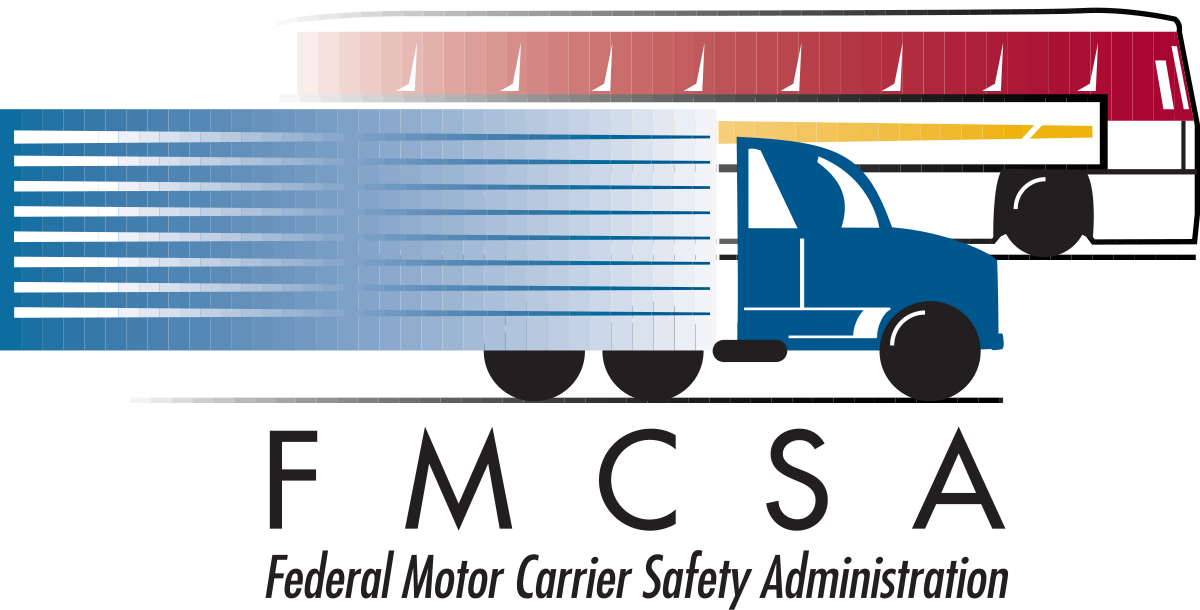
FMCSA announces the new Crash Preventability Determination Program and gives guidance on leveraging technology to conduct compliance reviews during COVID-19 Health Emergency. USDOT modernizes Hours of Service Rules to improve safety and increase flexibility for America’s truckers.
Extension and Modification of Expanded Emergency Declaration No. 2020-002 Under 49 Cfr § 390.25
The Federal Motor Carrier Safety Administration (FMCSA) hereby declares that the continuing national emergency warrants the extension and modification of Emergency Declaration No. 2020-002 This extension continues the exemption granted from Parts 390 through 399 of the Federal Motor Carrier Safety Regulations (FMCSRs) for the fifty States and the District of Columbia as set forth below. This notice extends the exemption through July 14, 2020, subject to the restrictions and limitations set forth in this Extension. Continue Reading
FMCSA Announces the Start of the Agency’s new Crash Preventability Determination Program
To download the 5/5/2020 Federal Register, click here. Visit the FMCSA Crash Preventability Determination Program (CPDP) website for additional information.
USDOT Modernizes the Hours of Service Rules to Improve Safety and Increase Flexibility for America’s Truckers
- WASHINGTON – The U.S. Department of Transportation’s Federal Motor Carrier Safety Administration (FMCSA) today published a final rule updating hours of service (HOS) rules to increase safety on America’s roadways by updating existing regulations for commercial motor vehicle (CMV) drivers.
- According to the Scopelitis Transportation Law Alert, notably absent from the final rule was the revision proposed back in August that would have allowed drivers to pause their 14-hour driving window with one off-duty break of between 30 minutes and 3 hours. According to FMCSA, although such a revision “could provide flexibility for drivers without compromising safety . . . the proposal could have unintended consequences that were not adequately evaluated in the development of the [proposed rule].” Specifically, the agency cited concerns raised by various commenters that drivers might be “pressured by carriers, shippers, or receivers to use the break to cover detention time, which would not necessarily provide the driver an optimal environment for restorative rest.” The final rule and its revisions are set to take effect 120 days from the date the rule is published in the Federal Register, which we anticipate will occur within the next week or so. Given the contentious history of the agency’s hours-of-service rulemaking proceedings, it would not be entirely surprising if this final rule is ultimately challenged in court by any of the various safety advocacy groups that commented on the rule, which could impact the effective date. Regardless, over the next several days, the firm will be closely examining the 232-page final rule and the impacts that it will have on our clients. Continue Reading
Did you know? (from news@Scopelitis.com)
- FMCSA estimated 1.4% of CDL drivers tested positive; In CY 2018 (latest data available), FMCSA estimated 1.4% of CDL drivers tested positive in post-accident drug tests. This was down from 3.4% in 2017, and 5.2% in 2016.
- Operating a CMV without proof of a periodic inspection; In CY 2020, “Operating a CMV without proof of a periodic inspection” was the second most cited roadside inspection violation at more than 185,000—second only to “inoperable required lamp.”
FMCSA Guidance on Leveraging Technology to Conduct Compliance Reviews During COVID-19 Health Emergency
During the Coronavirus Disease 2019 (COVID-19) public health emergency, the Federal Motor Carrier Safety Administration (FMCSA) will conduct compliance reviews under 49 CFR part 385, subpart A, by leveraging all available technology to access information and records and thus limit exposure risk for the regulated community and safety investigators. Using the same standards otherwise applicable, FMCSA will assign safety ratings following a compliance review even if no on-site review activities have taken place. Learn More
Federal Regulators Exempt Expired TWIC Cards Through July 31 Read more
